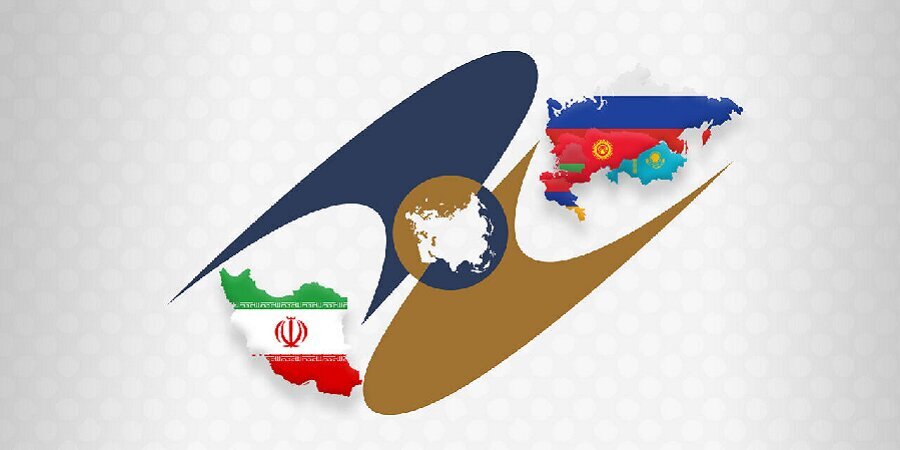Iran-EAEU trade taskforce holds first meeting online

TEHRAN- The first meeting of Iran-Eurasian Economic Union (EAEU) trade taskforce, which was set up to expand trade between the two sides after they inked a preferential agreement in October 2019, was held online.
The meeting was participated by the head of Iran’s Trade Promotion Organization (TPO), and Iranian ambassador to Russia, as well as some other Iranian and EAEU officials, IRIB reported.
Addressing the meeting, TPO Head Hamid Zadboum said, “We are trying to remove the barriers existing in the way of bilateral trade through mutual cooperation.”
Having the annual trade of over $800 billion, the EAEU members play some significant role in the global trade, and expansion of trade with these countries is very important for Iran, he added.
Iran-EAEU trade stands at over $2 billion for the moment, which could be increased to $5 million in the short-term and to $10 billion in the long-term period, Zadboum noted.
As announced last week by Ruhollah Latifi, the spokesman of the Islamic Republic of Iran Customs Administration (IRICA), the value of trade between Iran and the Eurasian Economic Union reached $2.418 billion after the implementation of the preferential trade agreement in October 2019.
The official said that over 6.873 tons of commodities have been traded between the two sides since then.
Saying that the basic commodities account for the major part of Iran’s imports from the EAEU member states, the official announced that Iran’s imports from those countries constitute 72 percent of the total trade between the two sides.
He put Iran’s imports from the EAEU countries based on the preferential tariffs at over 5.207 million tons valued at $1.737 billion, and the county’s exports from the block at 655,614 tons worth $681 million.
The IRICA spokesman mentioned Russia and Armenia as the major exporters of goods to Iran, while Russia and Kazakhstan were the top importers of commodities from Iran.
In mid-May, the TPO head had announced that the export of the commodities subjected to preferential tariffs from Iran to the Eurasian Economic Union’s member states had risen 85 percent since the implementation of the agreement between the two sides.
Hamid Zadboum also said that 13 percent of Iran’s imports from the EAEU are subjected to the preferential tariffs, while 49 percent of the country’s exports to the block is subjected to those tariffs.
The official said that Iran’s exports to the EAEU member countries are more variable compared to its imports from those states, adding exports can be even more expanded.
Iran and Eurasian Economic Union reached a free trade agreement in October 2018 based on which about 862 commodity items were subjected to preferential tariffs.
The interim agreement enabling the formation of a free trade area between Iran and the EAEU was signed on May 17, 2018, and officially came into force on October 27, 2019.
Iran is a very important market in the region and the development of ties with this country is of high significance for the EAEU members (Russia, Belarus, Armenia, Kazakhstan, and Kyrgyzstan).
The free trade agreement between Iran and this union has laid the ground for the expansion of trade ties between the two sides.
The agreement with the bloc has increased Iran’s exports to the EAEU member states significantly, which is a turning point for the Islamic Republic plans for boosting non-oil exports during the U.S. sanctions.
MA/MA
